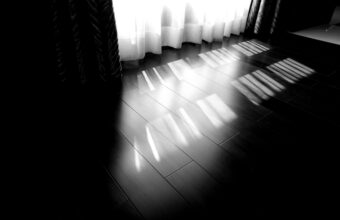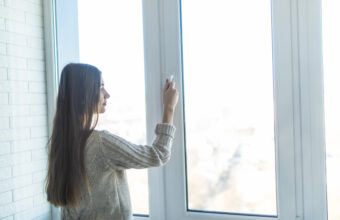Solar screens have become a popular choice for homeowners looking to enhance energy efficiency and comfort but there’s often confusion about their impact on interior lighting.
Understanding Solar Screens
Solar screens are designed to block solar heat gain and UV rays while maintaining visibility and natural light. Unlike traditional window coverings, solar screens offer a balance between light filtration and privacy, making them an attractive option for many homeowners.
Solar screens do not make rooms dark. They filter sunlight, reducing glare and heat while maintaining a comfortable level of brightness indoors. This means you can enjoy natural light without the drawbacks of excessive heat and glare.
Benefits of Solar Screens
- Glare Reduction – Solar screens diffuse sunlight, reducing glare and eye strain without compromising visibility.
- UV Protection – By blocking harmful UV rays, solar screens help protect your furniture, flooring, and artwork from fading and damage.
- Energy Efficiency – Solar screens can lower cooling costs by reducing solar heat gain, making your home more comfortable and energy-efficient.
- Privacy – Depending on the screen’s opacity, solar screens provide varying levels of privacy without sacrificing natural light.
Optimizing Interior Lighting
Solar screens help to reduce the amount of sunlight that enters a room, but they don’t block it completely. To optimize interior lighting, you can supplement natural light with strategically placed artificial lighting sources, such as lamps or overhead fixtures. This will help you maintain a comfortable level of brightness throughout the day.
Solar screens do not make rooms dark; they provide a balance between natural light and comfort. By reducing glare, UV rays, and solar heat gain, solar screens offer numerous benefits for homeowners. Embrace the illumination-enhancing properties of solar screens and enjoy a brighter, more comfortable living space year-round.






